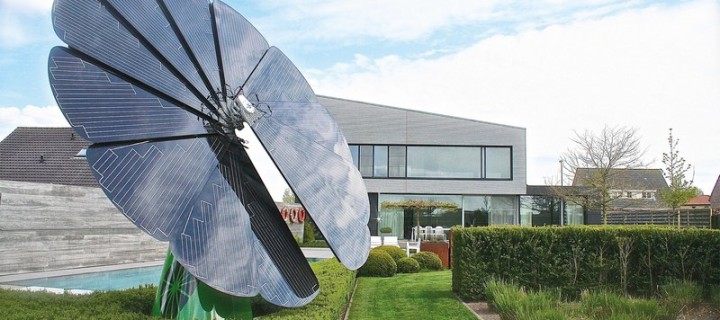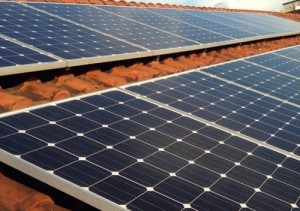Reach more home owners! Advertise with Smart Homes Now!
Reach millions of home owners now! Advertise with us!
Email Us
The renewable energy sector is always on the lookout for new ways to boost solar panel performance and capacity. With better designed solar panels, installation and usage would increase.
That goal is a lot closer now. University of York researchers and scientists together with NOVA University of Lisbon (CENIMAT-i3N) are looking at the production of thinner, lighter and more flexible solar panels that could be used to power more homes and used in other products.
These new solar panels in checkerboard lines could potentially increase their ability to absorb light by 125%, the study says.
According to a Science Daily report, the researchers and scientists found that the checkerboard design improved diffraction, which enhanced the probability of light absorbed. This particular solar panel capability creates electricity.
Solar grade silicon — used to create solar cells — is very energy-intensive to produce, so creating slimmer cells and changing the surface design would make them cheaper and more environmentally friendly.
The researchers have found a simple trick for boosting the absorption of slim solar cells. Their investigations show that their concept’s capabilities are similar to the absorption enhancement of more sophisticated designs. Their new solar panel designs also absorb more light deep in the plane and less light near the surface structure itself.
The new design could potentially integrate solar cells into thinner, flexible materials and used in more products.
Aside from solar panels, it has potential applications in the design and development of better acoustic noise shields, windbreak panels, anti-skid surfaces, biosensing applications and atomic cooling.
IEA released a report that says that renewable energy has been the energy source most resilient to Covid‑19 lockdown measures. Renewable electricity has been mostly unaffected while demand has fallen for other uses of renewable energy. In Q1 2020, global usage of renewable energy in all sectors increased by about 1.5% relative to Q1 2019.
We hope to see more updates on this new solar panel production development which could potentially make it possible to set up solar-powered homes faster and more doable.
For more information on the study, click here.






